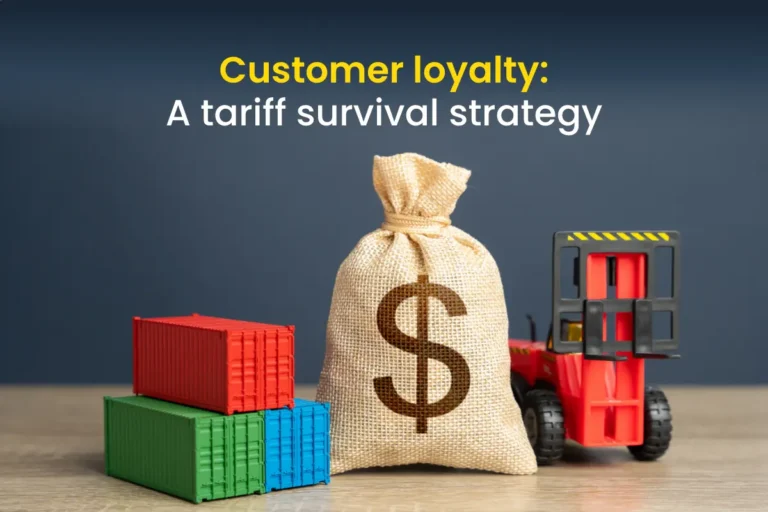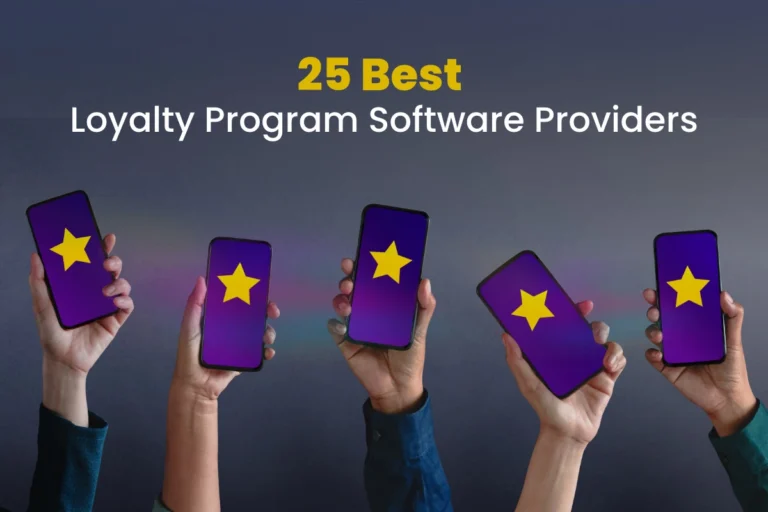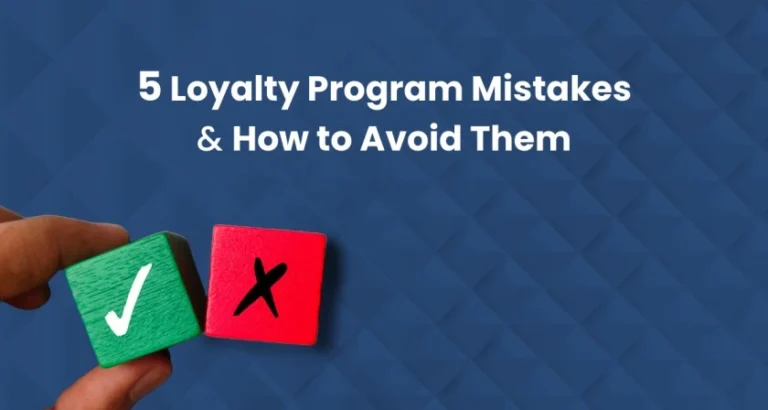- Blog >
- Editor's Picks >
- What Kind of Data Does TrueLoyal Collect?
What Kind of Data Does TrueLoyal Collect?
April 2, 2018

- Blog >
- Editor's Picks >
- What Kind of Data Does TrueLoyal Collect?
What Kind of Data Does TrueLoyal Collect?
April 2, 2018
One of TrueLoyal’s biggest priorities is privacy and data protection for our users and we are constantly aiming to provide the utmost safety and satisfaction to them. Each day, the TrueLoyal team strives to live up to our company values. Company value #2 states that we shall cultivate transparency internally and externally, and this means no less for our transparency with our customers.
On May 25, 2018, the General Data Protection Regulation (GDPR) will be implemented. The GDPR is a new legislation in the EU concerning privacy around personal data. The law is meant to ensure that citizens are informed of and give consent to sharing the data that is collected about them to third parties.
Since TrueLoyal does not sell data or collect any highly sensitive information such as names, IP addresses, health records, or social security data, most of the regulation in GDPR does not impact our users. Still, it important for us to be transparent about the 5 categories of data that we do collect.
Category 1 – TrueLoyal Account Data
TrueLoyal account data includes information needed to log into your account. This data is compliant with GDPR because consent is covered by TrueLoyal’s privacy policy, which TrueLoyal’s users agree to when they sign up.
Examples of account data:
- TrueLoyal account email addresses
- TrueLoyal account passwords
Category 2 – Product Usage Analytics
We track and record information, such as product usage and sessions data, to understand how our customers are using our product so we can make improvements and prevent usability issues. This again is compliant with GDPR because it is covered by TrueLoyal’s privacy policy.
Examples of the tools used to collect analytics:
- Google Analytics
- Mixpanel
- FullStory
Category 3 – Information About How End Users Use TrueLoyal
Information about how the end users use TrueLoyal is the most sensitive category of information we collect. This information is necessary for TrueLoyal customers to optimize their TrueLoyal, as they can then track their progress and analyze the impact of TrueLoyal on marketing efforts over time.
To obtain this information, we set cookies that then require our customers to block their websites, unless their website visitors have granted consent. Most sites place consent interfaces on their website to get consent to use cookies. If a user does choose to deny consent to use cookies, we have a functionality to turn off cookies by adding the ?notrack=true parameter to a TrueLoyal URL. Again, this will unfortunately disable the usage of TrueLoyal’s analytics.
Examples of metrics collected:
-
- Engagement Analytics on TrueLoyal embeds
- Clicks on TrueLoyal posts
- Clicks on TrueLoyal Calls-to-Action buttons on posts
- TrueLoyal embed views
- Engagement Analytics on TrueLoyal embeds
Category 4 – Aggregated Data from Major Social Networks
TINT collects aggregated data from social networks that users have connected to our platform. The social network’s End User License Agreement (EULA) covers consent for this data and falls under the GDPR personal data regulations. When a social post is deleted or modified, we make sure that our database reflects the changes by complying with the social network.
Examples of aggregated data collected:
- Instagram posts
- Twitter posts
- Facebook posts
Category 5 – Aggregated Data from Non-Social Networks
TrueLoyal allows users to connect to a number of social networks, such as Twitter, Instagram, or Facebook, but also supports other integrations such as RSS feeds.
Because the content from these channels do not have the protection of an EULA, the responsibility falls on the customer to make sure they comply with GDPR. This means the user must give the proper consent for the data being aggregated prior to using these sources.
Examples of data from non-social networks:
- RSS content
At TrueLoyal, we value and respect our customers immensely. Their safety is a priority and is extremely important to us. You can read more about TrueLoyal’s privacy policy here.
Recommended Reads:

Tariffs are reshaping customer loyalty: strategies for retention in 2025
Trump’s tariffs are already reshaping the way businesses operate in 2025. With increased import...

What is loyalty fatigue and how brands can overcome it
In the past few years, businesses have seen a troubling tendency known as ‘loyalty fatigue.’ ...

The Ultimate List of 25 Best Loyalty Program Software Providers in 2025
Did you know that 77% of consumers stick with brands that offer loyalty rewards? In a competitive market,...

Innovative customer loyalty program ideas for 2025: Shaping the future of engagement
Customer loyalty programs have come a long way from just earning points and getting occasional discounts....

8 reasons why revamping your loyalty program is the right move for your business
Loyalty programs are supposed to make customers feel valued and encourage repeat business. But what if...

11 New Year loyalty strategies to start 2025 with a bang
The new year is here, and it’s the perfect time to rethink how your business builds loyalty. Customers...

5 Customer Loyalty Program Mistakes and How to Avoid Them
Customer loyalty programs have become essential for businesses to drive customer engagement and foster...

Don't Have A Loyalty Program in 2025? Here Are 10 Reasons To Create One for Your Business
From turbulent economic stability to accelerated digitization, the customer experience landscape is evolving...

25 best loyalty program examples (2025): Sorted by type + crisis-proof tactics
Loyalty programs have evolved far beyond the simple stamp cards or discount codes of the past. Today,...

From 'Next Quarter' to 'Never': Breaking the Loyalty Program Procrastination Cycle in 2025
Loyalty programs have become essential for businesses looking to foster customer retention and drive...
See Why Consumer Brands Choose TrueLoyal
Let’s talk about how we can help you design and implement a successful program.

